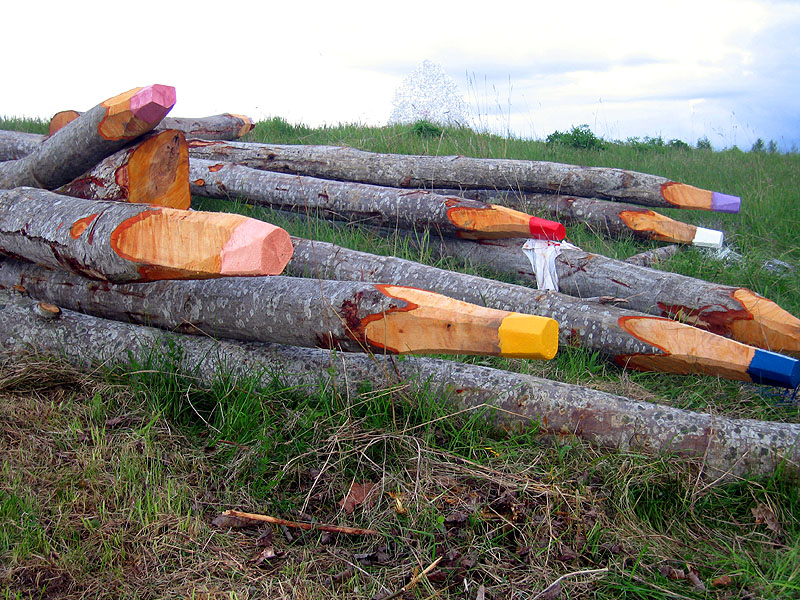(Re-posted from Google+ – see the original post on Google+ for comments)
As my first post on Google+, I thought I’d posit my stance on anonymity.
In the opening scene of Show Me Love (Fucking Åmal) 15-year old Agnes writes in her diary on her Mac:
 My secret wish list:
My secret wish list:
. that I won’t have to have a party
. that elin will look at me
. that elin will fall in love with me
I LOVE ELIN!!!!!!!!!!
A service that aims to become the default arena for online social exchange globally should allow pseudonymity (which is really what we’re talking about when we talk about anonymity) and, in some cases, even encourage it. No one should be booted off the system just because they are using a made up name. It’s the only way members of an oppressed community can get away with breaking the social conventions that keep their spirits nailed to the floor.
This is not an edge case. Nor is it just about the two billion people who live under oppressive regimes. If you are a person who “thinks different”, think back. Were you ever the nail that sticks out, at some point in your life? Like in Åmal, the home town of the two girls Agnes and Elin, the community preventing you from being all you can be is the neighborhood school, church, friend group… often it’s your family.
The rules of an online social platform should be based on the harm principle. The harm principle holds that each individual has the right to act as he wants, so long as these actions do not harm others. Pseudonymity in itself does not harm anyone.
But current day social platforms resemble Louis XIV’s France more than modern democracies. Account deletion, the online equivalent of the guillotine, is exercised routinely across the board. To be the default social platform, the contender needs to introduce a form of self-government that looks more like democracy than tyranny.
Why? John Stuart Mill, the 19th-century philosopher who came up with the harm principle, was not joking when he noted that “the struggle between Liberty and Authority is the most conspicuous feature in the portions of history.” He introduced a number of different tyrannies, including social tyranny, and also the tyranny of the majority.
The reason online social services are winning the day is because they have served the side of freedom in this ongoing struggle. It’s this more than anything that makes them so valuable to the human population as a whole. Now that they’re growing global in influence and reach, their own mechanisms of self-government must evolve to reflect this. Otherwise they themselves will become the new oppressive regimes.
Social liberty for Mill meant putting limits on the ruler’s power so that he would not be able to use his power on his own wishes and make decisions which could harm society (the platform) itself. In other words, people should have a say in the government’s decisions. What does this mean in the case of online social networks? For starters, listen to your users, explain yourself, and base your decisions on the harm principle, even if it means going against shouts coming from the majority – or your boss.
And do not forget Mill’s words. In “The Contest in America” he wrote, “the only purpose for which power can be rightfully exercised over any member of a civilized community, against his will, is to prevent harm to others. His own good, either physical or moral, is not sufficient warrant. He cannot rightfully be compelled to do or forbear … because, in the opinion of others, to do so would be wise, or even right… Over himself, over his own body and mind, the individual is sovereign.”
Hello Google+, hello liberty :)










 My secret wish list:
My secret wish list: